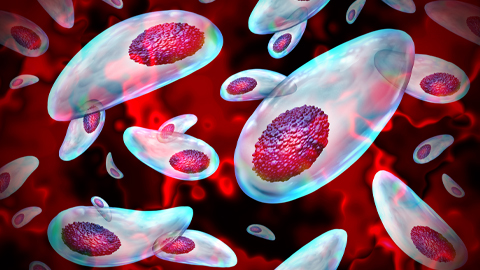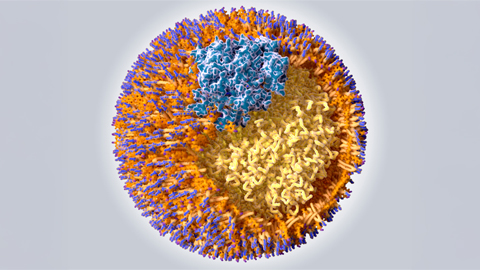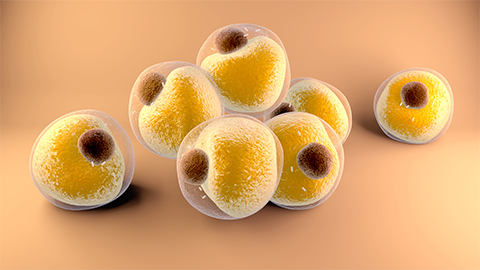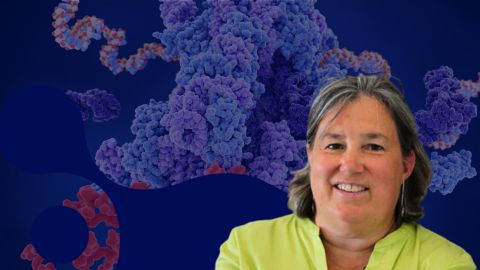It's time to complete your JBC Methods Madness bracket
Calling all scientists! Do you have a favorite method? Is there a biochemical technique you think has had monumental impacts on basic research and deserves a moment in the spotlight? The Journal of Biological Chemistry’s Methods Madness tournament is the chance you’ve been waiting for to voice your opinions. The person with the top-scoring bracket will win a $50 gift card.
How to participate
- Download and fill in your bracket. Use the editable PDF to make your predictions. Save your changes!
- Email your bracket to JBC. Double-check your entry, and then email it to methods@asbmb.org.
- Follow JBC on Twitter and vote for your favorite methods. The JBC Twitter handle is @JBiolChem. They'll be posting weekly polls. Don't forget to participate.
Visit the JBC Methods Madness website for the complete rules.
A note about JBC methods
It's well known that science progresses by building on the shoulders of those who came before. That's especially true for papers that report new tools — genetic constructs, small molecules, model organisms, etc. — that can be directly used by colleagues to jump-start a new project or resolve a technical hurdle. And at JBC, our high standards for rigor and reproducibility mean that readers can trust published tools to work as promised.
— Lila Gierasch, JBC editor-in-chief
Enjoy reading ASBMB Today?
Become a member to receive the print edition four times a year and the digital edition monthly.
Learn moreGet the latest from ASBMB Today
Enter your email address, and we’ll send you a weekly email with recent articles, interviews and more.
Latest in Science
Science highlights or most popular articles

Targeting Toxoplasma parasites and their protein accomplices
Researchers identify that a Toxoplasma gondii enzyme drives parasite's survival. Read more about this recent study from the Journal of Lipid Research.

Scavenger protein receptor aids the transport of lipoproteins
Scientists elucidated how two major splice variants of scavenger receptors affect cellular localization in endothelial cells. Read more about this recent study from the Journal of Lipid Research.

Fat cells are a culprit in osteoporosis
Scientists reveal that lipid transfer from bone marrow adipocytes to osteoblasts impairs bone formation by downregulating osteogenic proteins and inducing ferroptosis. Read more about this recent study from the Journal of Lipid Research.

Unraveling oncogenesis: What makes cancer tick?
Learn about the ASBMB 2025 symposium on oncogenic hubs: chromatin regulatory and transcriptional complexes in cancer.

Exploring lipid metabolism: A journey through time and innovation
Recent lipid metabolism research has unveiled critical insights into lipid–protein interactions, offering potential therapeutic targets for metabolic and neurodegenerative diseases. Check out the latest in lipid science at the ASBMB annual meeting.

Melissa Moore to speak at ASBMB 2025
Richard Silverman and Melissa Moore are the featured speakers at the ASBMB annual meeting to be held April 12-15 in Chicago.

